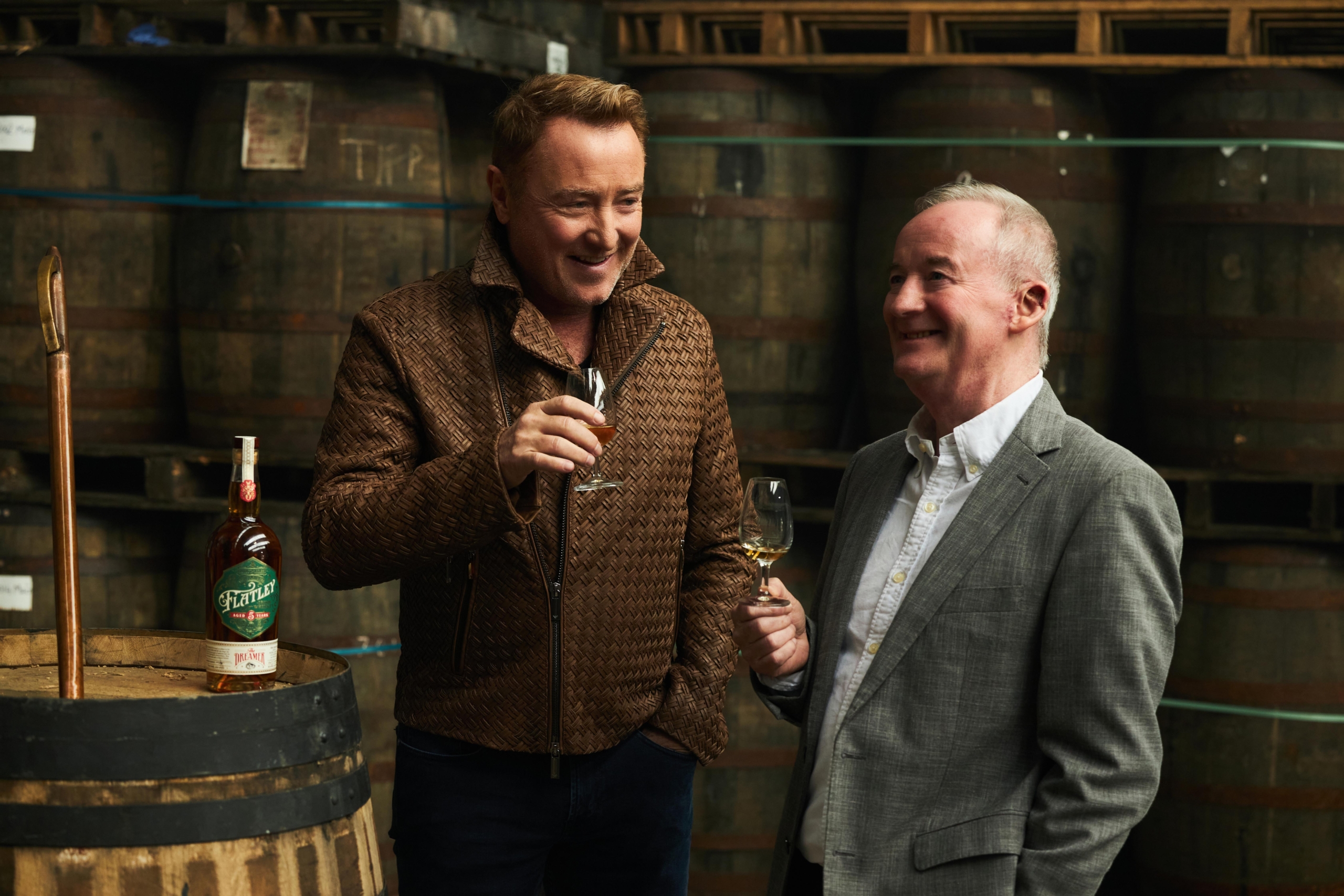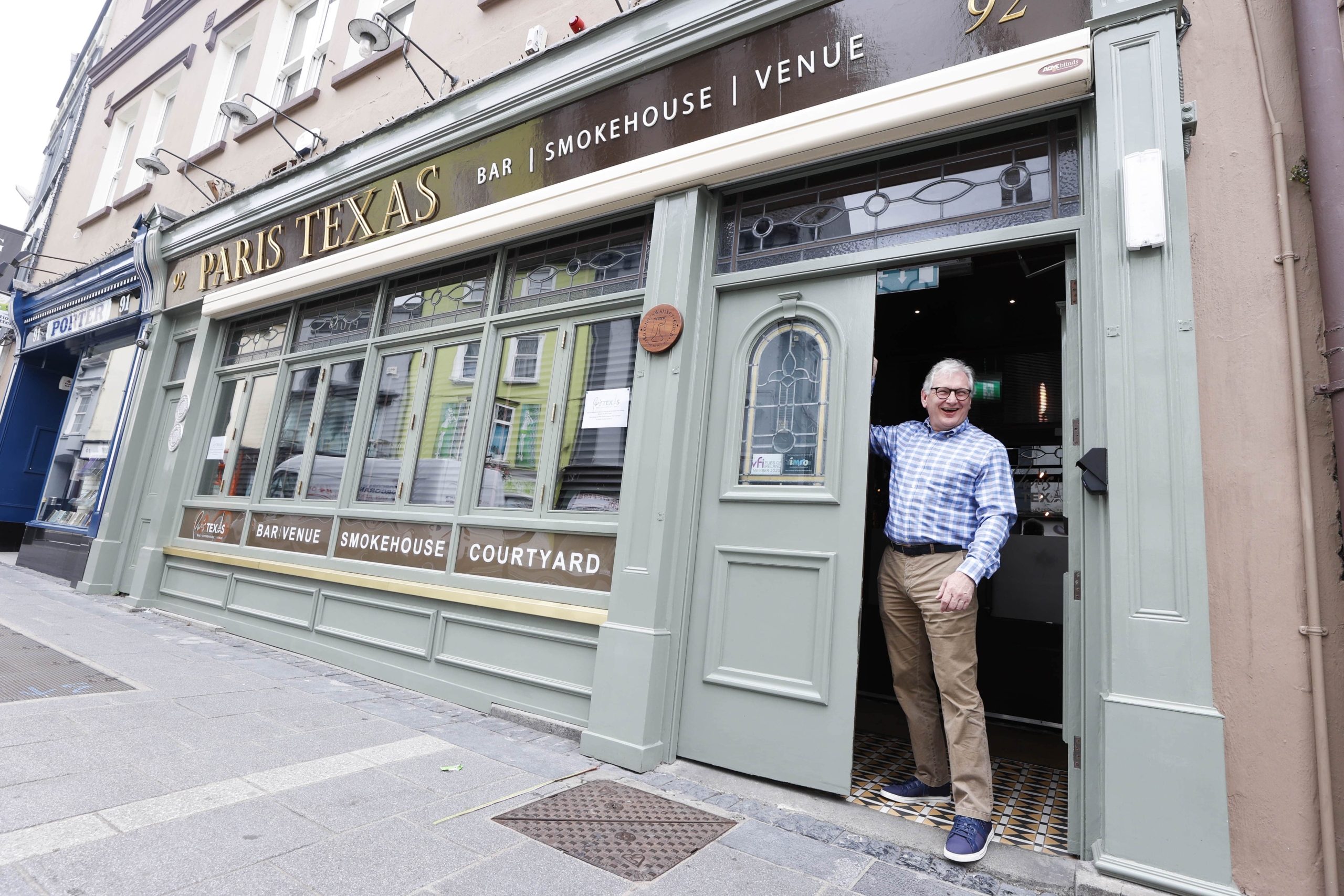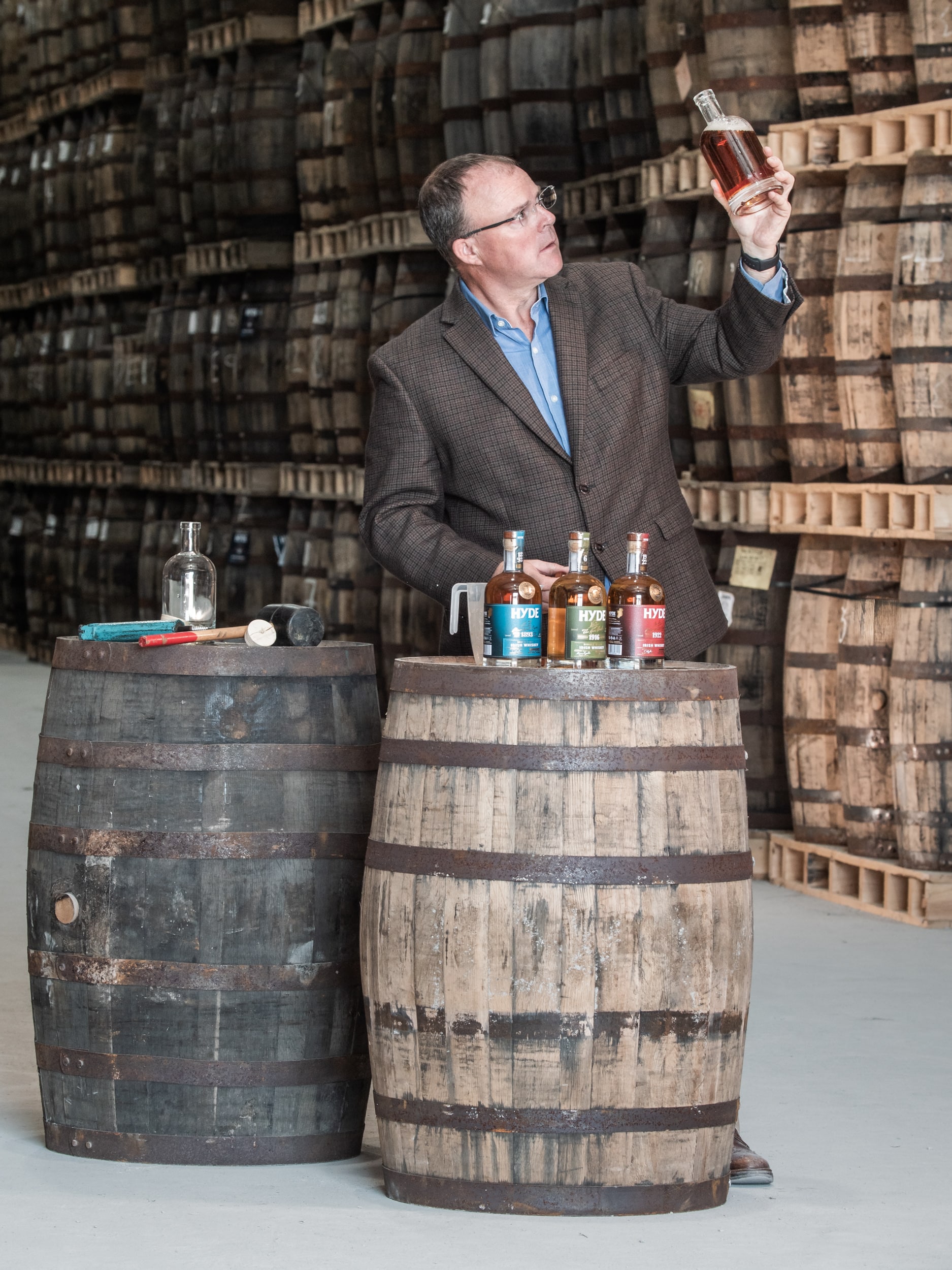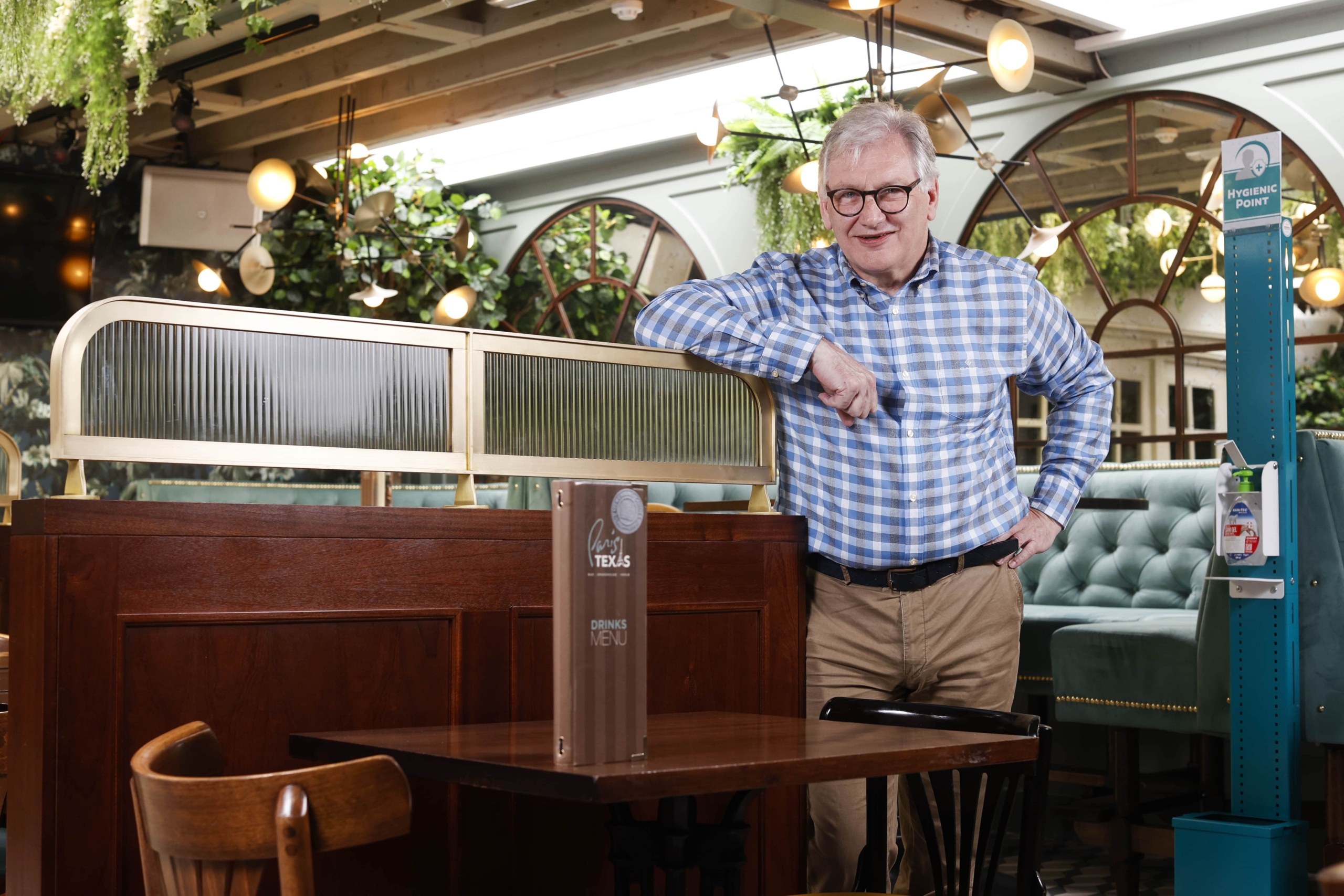In the last issue of Licensing World, we highlighted Ballykilcavan’s participation in #DrinkersForUkraine, a fundraising initiative that saw breweries from around the world brew a stout that was first created by displaced Ukrainian brewers. “We had to ration the beer as people were looking for more stock than we actually had. The reaction to it was great and it’s all gone; I think there were six cans left in Egan’s Off-Licence in Portlaoise a couple of weeks ago! It was the first beer we made that wasn’t our own recipe and initially we were a bit unsure about it as it called for quite a lot of beetroot. But people really enjoyed it, so we were delighted,” said Ballykilcavan Farm & Brewery owner, David Walsh-Kemmis.
For more than 13 generations, David’s family has lived and worked at Ballykilcavan Farm. Traditionally, Ballykilcavan was always a mixed farm, with woodland, grass for livestock and fields of crops. Located just outside Stradbally in Co Laois, the farm sits in prime malting barley growing area, perfect for making beer. “I took over the business in 2004 and after farming the land for a decade, I saw diversification as a way of sustaining the farm for later generations. I’ve always been interested in home brewing and making my own beer so it seemed like a natural progression to setting up a brewery.” Initially, David was making beer in another brewery, using barley from the farm. In 2018, the brewery at Ballykilcavan officially opened and today, David also runs tours where visitors can have a look around the brewery, hear family stories spanning back 380 years and find out how beer is made. “We have a good smattering of international visitors booking tours at the moment, which bodes well for the rest of the summer. There’s volume there with the tours but we’re lucky in that we’re not reliant on them. We’ve also got the brewery and we’ve got the farm which I still work on. The tours are an added bonus but we’re keen to expand that part of the offering in the next couple of years.”
The brewery at Ballykilcavan is located in the farm’s original stone grainstore, which dates back to about 1780. Like most of the buildings in the 240-year-old farmyard, it’s too small for modern farm equipment, but the perfect size to fit a small craft brewery. All eight beers in the brewery’s core range, along with the limited edition variants, are unfiltered and unpasteurised when they’re packaged. “We brew the traditional way, partly because we like doing it that way but also because we simply don’t have equipment like filters etc. Making beer the old-fashioned way means that hopefully you’re getting better and more flavours into the product.” Growth potential lies in exports, says David. “Domestically, we’re in a very tough market. We’re not just competing with other craft breweries, but we’re also competing with the really big breweries as well. It’s also difficult to get a publican to take on your beer. We just can’t compete with the sort of incentives bigger breweries might be able to offer the pub trade.” The potential for growth in countries like Italy, France, The Netherlands is very strong, says David. “That was essentially completely shut down for the past two years of Covid. Everyone was trying to keep their heads above water, overseas distributors weren’t interested in talking to a new brewery from Ireland. That’s changing now.”
From an importer’s point of view, one of the most important characteristics of the brewery is its sustainability credentials which pair nicely with the history of the farm. Just recently, Ballykilcavan brewery won the ‘Sustainability’ award at the Small Firms Association National Small Business Awards 2022. “When we’re talking to a distributor or importer, we talk about the Ballykilcavan story; we talk about the history of the farm and the family, the fact that we grow our own barley, we take water from our own well, we even grow some hops here too. They’re all really important considerations in the marketplace today and that sustainability piece really stands to us.”
With tours taking off, expansion plans are afoot at Ballykilcavan. More visitors will mean more staff and a greater offering will, says David, bring more tourism to the farm. Additional staff will also be required in the brewery, on production and in sales. Last October, six new fermenters were added to the original six and already, the four of them are full. “We’re not quite at the stage of having to expand again already, but we’re getting close. We want to expand both in the amount that we’re able to produce and the areas that we’re able to sell it into. I think we have a very unique tourism potential here which can only grow over the next few years. we also do artisan food and beer pairings which people love. When guests come here, they say that Ballykilcavan is very different to other brewery tours they’ve been on. That’s something we’re keen to push as much as we can.”




